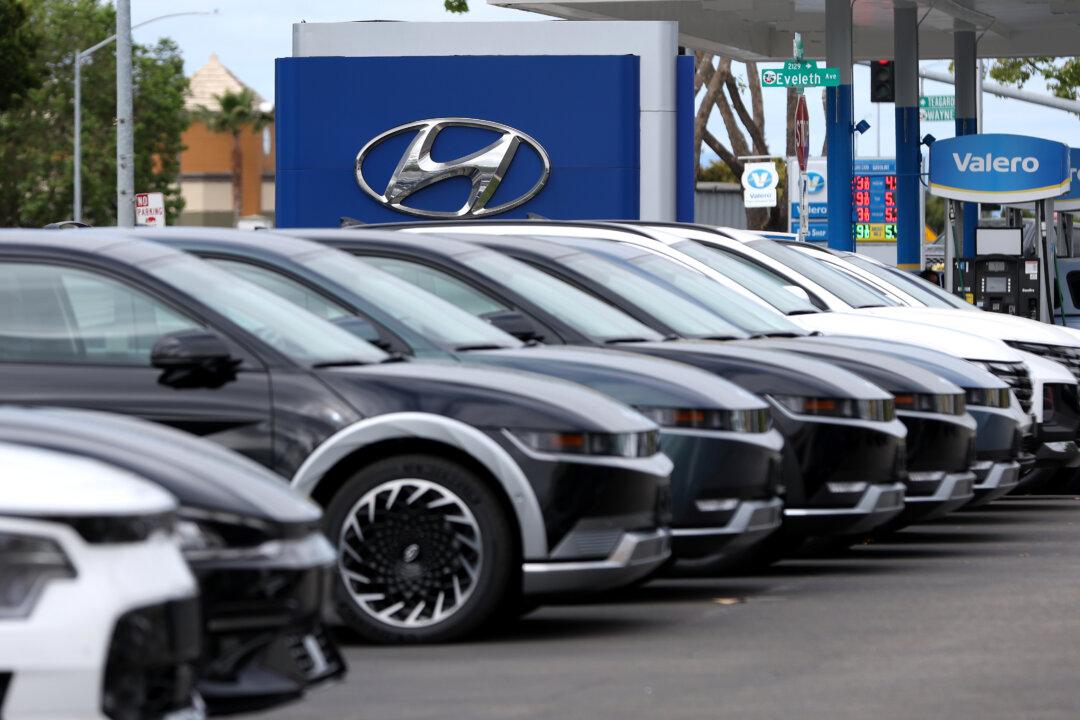China’s slumping economy has dealt a harsh blow to nations and enterprises with significant reliance on its vast market. In addition to China’s economic woes, Hyundai Motor Group was forced to deal with aggressive sanctions from Beijing following the THAAD anti-missile system controversy in 2016.
Hyundai was compelled to downsize its dependence on the Chinese market following the controversy. Nonetheless, it managed to navigate the tumultuous period and emerged as a success story.





